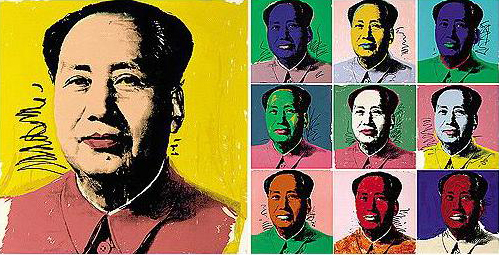Wild Swans. Another one of these past bestsellers that I never got to read. From 1991 this one. A good year. I just got out of the army and met Julie. Had plenty of time to read good books. In the army I bought volume after volume of the works of Maarten Biesheuvel. A Dutch writer whose stories about insanity were the only way to keep me sane in that unreal world of pretense and ill use of talents. In Cambridge, where I met Julie, I had better things to do than reading novels. Thinking back I realize it didn’t take me that long to chase after Julie, or for Julie to chase me. But after the chasing there were much better things to do than reading novels.
What a treasure it is, Wild Swans. Three generations of Chinese women. Jung Chang, the writer describes the life of her grandmother in the final stages of China under the rulke of empires. This woman still had her feet bound up, a nice way of saying that the bones in her feet were being crumbled.
Chang’s mother married a communist revolutionary, after becoming a revolutionary herself. The descriptions of China under Mao are truly amazing. It is as if Orwell was really predicting the Chinese history when he wrote 1984 in 1948. Mao came to power in 1949. It took till the cultural revolution of 1966 for Orwell’s story to become reality in China.
Chang herself only slowly realized how terrifying the totalitarian regime under Mao was. And after she did, she was slow to realize that it was actually Mao who was to blame.
At one point she writes: China was used to injustice being done, now at least it was for a good cause. This was written in the early days of communism. Later she defends high officials who didn’t oppose Mao’s terror, because if they would have opposed it, Civil War might have broken out, which might have been worse,according to Chang.
One of the most amazing sentences out of the book is when young Chung did not want to eat something. She was told she had to think of all the poor kids in capitaloist countries who didn’t have something to eat and would haven been delighted with this little bit of food. I clearly remember people saying that we, in Holland, had to think of the poor children in China. Somehow it was not my parents who said these things – they were less melodramatic. They just refused my afters – which was plenty of stimulusin my case – but I do remember it being said.
Jung Chang is more than ten years older than me. When she grew up, China was doing relatively well and she describes the Southern provence where she lived as a good place for farmers. Disaster struck again with the Great Leap Forward, the first of Mao’s dramatic big schemes to push the country forward, a disaster that was topped by the Cultural revolution.
I also greatly enjoyed the descriptions of Chang of the different characters of her parents. Her father is a one-dimensional but principled man. Her mother is a much more practical, but not less principled woman. And then the wise grandmother in the background with her hurting feet.
Magnificent read. Pity it’s finished. At home I have her biography of Mao, which I want to read. But it will have to wait. Bernard and his Cistercians want to have a little attention.
15 jan

Share


Leave a Reply